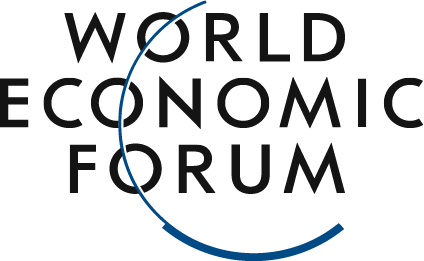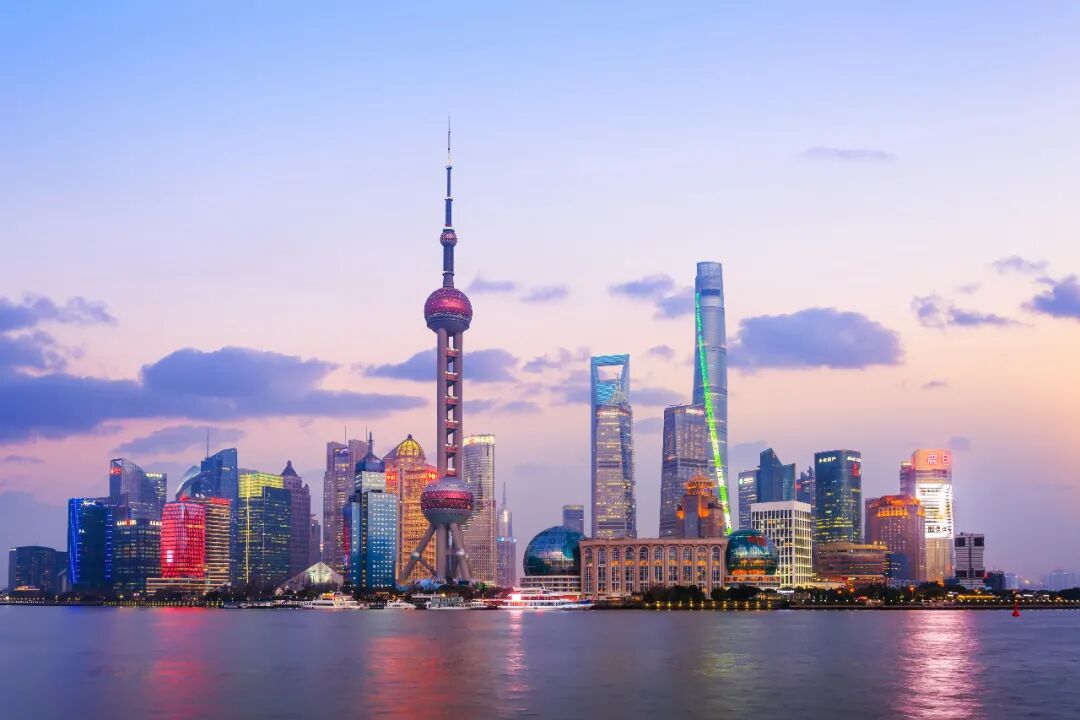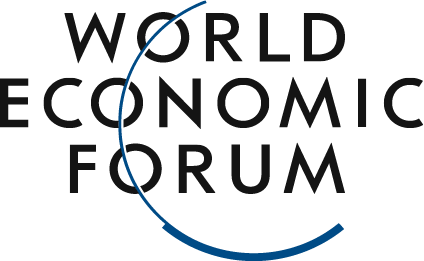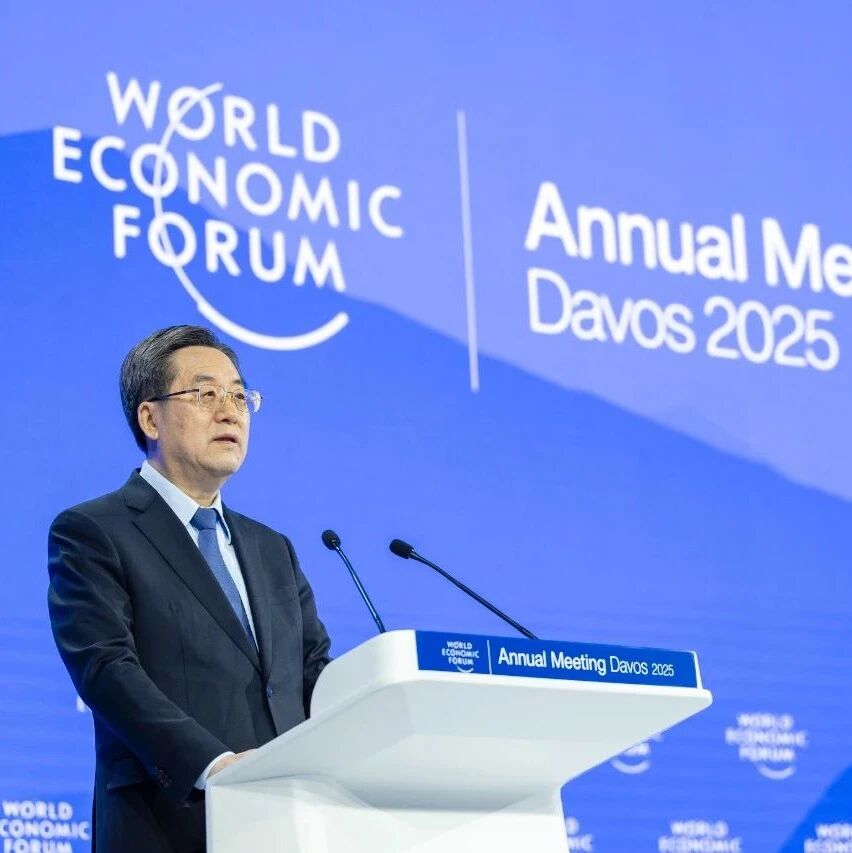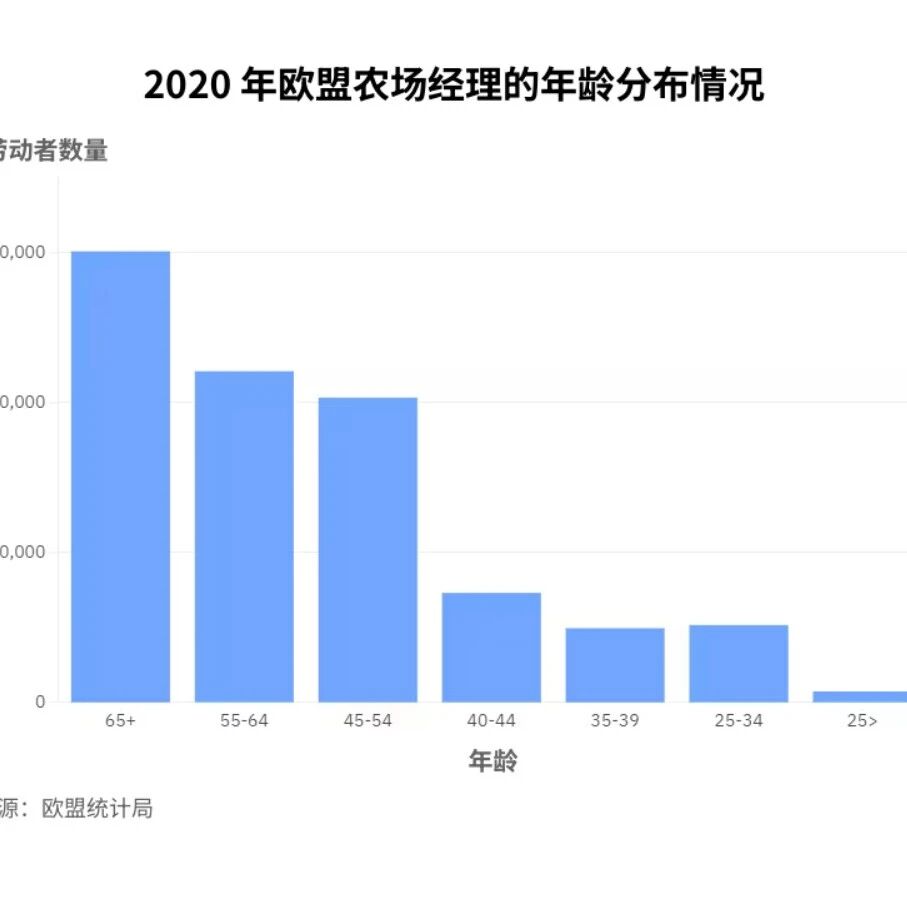As China strengthens its cooperation with the Gulf Cooperation Council, key sectors such as renewable energy, financial markets, and tourism are likely to experience significant growth.
Image source:Unsplash/Edward He
Alexandre Raffoul
Member of the World Economic Forum's Executive Committee
Global Head of Partner Development and Regional Business Strategy
Kai Keller
Head of Regional Business Strategy at the World Economic Forum
China is increasingly asserting its dominance in the renewable energy supply chain, while the Gulf Cooperation Council remains committed to steadily advancing clean energy development. Meanwhile, ties between China and the Gulf region continue to deepen.
The market dynamics in the two regions align, providing businesses with opportunities to collaborate on climate initiatives and leverage shared values as well as technological advancements.
In addition to renewable energy, China and the Gulf Cooperation Council have also strengthened their ties through financial markets and tourism, implementing reforms that ease market access. Moreover, shared cultural interests have further boosted the growth of the tourism sector.
In the face of significant geopolitical shifts, China has been rapidly deepening its economic ties with the Gulf Cooperation Council (referred to as "GCC"), a political and economic alliance comprising six Gulf states that operates with a relatively loose organizational structure. Both regions are major drivers of global GDP growth, with their economies heavily reliant on energy resources. Moreover, despite their cultural differences, both areas share deeply rooted shared values.By 2022, China's trade volume with the Middle East and North Africa region will reach $505 billion. This also marks a 76% increase in trade over the past decade.Building on the current momentum and the potential for deeper collaboration, the 14th Annual Meeting of the World Economic Forum’s New Champions brought together business leaders from Greater China and the Gulf Cooperation Council countries for the first time, fostering discussions on how to enhance mutual understanding of each other’s markets and forge strategic partnerships. Following this initial gathering, they convened again, prioritizing key areas with particularly strong cooperation potential: renewable energy, financial markets, and tourism emerged as the top three sectors under consideration.Beijimin, a partner at the international consulting firm Oliver Wyman based in Hong Kong, predicts, "The Gulf Cooperation Council countries' ambitious drive to develop clean energy opportunities will only strengthen the region's ties with China."China is a global leader in the clean energy supply chain, holding significant shares in battery, wind energy, and lithium production. According to data from the United Nations Commodity Trade Statistics Database, China’s exports of lithium batteries to the GCC countries surged by 26% between 2021 and 2022, and further skyrocketed by 99% in the first three quarters of 2023.Gao Jifan, Chairman and CEO of Trina Solar, China's leading company in the solar energy industry, stated: "Gulf countries are highly proactive in tackling climate change, boasting immense potential in the renewable energy market and demonstrating promising capabilities in technological innovation." He highlighted this opportunity by noting that, with policy support such as the China-UAE (United Arab Emirates) Capacity Cooperation Zone, Trina Solar plans to inaugurate the Middle East's largest photovoltaic power plant in the UAE by 2027.Given that China and Saudi Arabia are, respectively, the world's largest carbon emitters and fossil fuel exporters, the collaboration between China and the GCC in renewable energy is undoubtedly good news for both business and climate action.Market opportunities in renewable energy are anchored in national visions and the GCC's drive toward economic diversification. Lina Noureddin, Chairwoman and CEO of Lamar Holding, Saudi Arabia’s energy market operator, highlighted that Chinese companies are playing a pivotal role in the country’s Vision 2030 initiatives. Noureddin noted that Saudi Arabia’s shift from traditional government-led project models to public-private partnerships has particularly attracted Chinese enterprises, adding that their involvement is generating significant social benefits: "Our Chinese partners have not only invested in talent development across the region but have also brought in foreign direct investment through Chinese financial institutions.""These opportunities aren’t limited solely to the clean energy industry itself. 'Financing energy transition projects can be costly, which is why establishing a financing platform—potentially led by sovereign wealth funds—would significantly enhance the outcomes of such initiatives,' explained Bertrand Piccard. For instance, Singapore’s sovereign wealth fund, Temasek, has already taken its first steps by setting up investment platforms like GenZero, aiming to ramp up investments in carbon-reduction and carbon-removal technologies.'Given the presence of several sizable sovereign wealth funds within the GCC, establishing a similar platform would seem strategically sound. Chinese financial institutions have already been channeling capital into energy projects via the debt market, with significant portions flowing smoothly into energy initiatives in Saudi Arabia and across the entire GCC—demonstrating the immense potential for capital convergence and integration. Moving toward a more coordinated and unified approach has become an inevitable trend.As capital flows and growth potential increase, financial markets are creating opportunities for China's integrated development with the Gulf region—and the future looks promising.Hong Kong Exchanges and Clearing Limited Deputy Chief Executive Officer Yao Jiarren stated: "As global economic growth increasingly shifts eastward, investors around the world are recognizing the growing importance of China and the Gulf region in critical transformation sectors—such as technology, infrastructure, and green finance. Backed by abundant capital, these areas are poised to become powerful engines of future growth."These trends are reflected in the financial markets. In 2022, GCC countries carried out 48 IPOs, raising $23.4 billion; meanwhile, at the beginning of 2023, Asia—led by China—dominated the volume of IPO market activity. To facilitate easier access to their respective markets, both China and the GCC countries have implemented reforms to their market structures.Saudi Arabia has eased foreign ownership restrictions and opened its local derivatives market. The UAE has shifted its trading week to Monday through Friday, aligning with global standards and boosting liquidity. Meanwhile, the Shanghai-Hong Kong Stock Connect program has made it easier for investors to access China’s mainland market by allowing them to invest in A-shares via Hong Kong.These reforms have created business opportunities that are also crucial for individuals. Market access provides investors with diversified chances and the chance to engage with economies beyond their own borders. Global financial integration and interdependence will lead to mutually beneficial outcomes, as they foster prosperity and help maintain international peace.The Hong Kong Exchanges and Clearing has signed a Memorandum of Understanding with Saudi Exchange Group Tadawul, aiming to attract more Gulf-based companies to list in Hong Kong, thereby highlighting the Exchange's pivotal role in connecting the GCC, China, and global markets.Yao Jiarren emphasized: "Asia's first Saudi Arabian exchange-traded fund has been listed in Hong Kong. Following the signing of a cooperation memorandum with Tadawul Group, the Saudi Exchange has been added to the list of recognized stock exchanges. These examples underscore the Hong Kong Exchange's commitment to connecting the Gulf region, China, and the world—and highlight the unique role it plays in facilitating this vital link."Since human interaction forms the foundation of collaboration, tourism is a key driver in fostering greater regional integration. According to data from Chinese travel platforms, the number of flights from China to the Gulf Cooperation Council countries has doubled compared to pre-COVID-19 levels, clearly highlighting the GCC market's growing appeal to Chinese travelers.Considering the similarities between values such as family importance, long-term vision, and privacy, tourism executives are optimistic about the potential for cross-regional travel—some even anticipate an explosive growth in tourist numbers.China and the GCC have developed world-class hotel infrastructure, shopping opportunities, as well as cultural and historical sites, and are now turning their attention to the luxury sector.The rise of China's middle class is having a profound impact on both the domestic and global economies. Domestically, it is driving consumption-led economic growth, fostering a more diversified economy, and boosting demand for a wide range of goods and services. Internationally, it presents significant opportunities for foreign companies looking to tap into the world's largest consumer market.Given this context, it comes as no surprise that airlines from the GCC were among the first to resume flights to China after the country fully reopened border crossings in January 2023.Regardless of the industry, strengthening business ties between Greater China and the GCC first requires building trust through ongoing dialogue.Omar Al Futtaim, Vice Chairman and CEO of Al-Futtaim Group, stated: "The diversified partnerships between Middle Eastern nations and China clearly demonstrate a commitment to shared growth, progress, and development."The group's collaboration with Chinese automaker BYD to distribute electric vehicles in the UAE and Saudi Arabia serves as a prime example of this growth.Al Futtaim said: "These efforts not only underscore our business and economic ambitions but also highlight our commitment to pioneering solutions aimed at addressing environmental challenges and contributing to societal well-being. We are also eager to embrace opportunities and explore mutually beneficial business partnerships."To further explore specific collaboration opportunities, private sector leaders will reconvene for a special forum meeting in Saudi Arabia this April, followed by the New Champions Annual Meeting in Dalian, China, in June.The above content solely represents the author's personal views.This article is translated from the World Economic Forum's Agenda blog; the Chinese version is for reference purposes only.Feel free to share this on WeChat Moments; please leave a comment below the post if you’d like to republish.
Translated by: Wu Yimeng | Edited by: Wang Can
The World Economic Forum is an independent and neutral platform dedicated to bringing together diverse perspectives to discuss critical global, regional, and industry-specific issues.
Follow us on Weibo, WeChat Video Accounts, Douyin, and Xiaohongshu!
"World Economic Forum"
